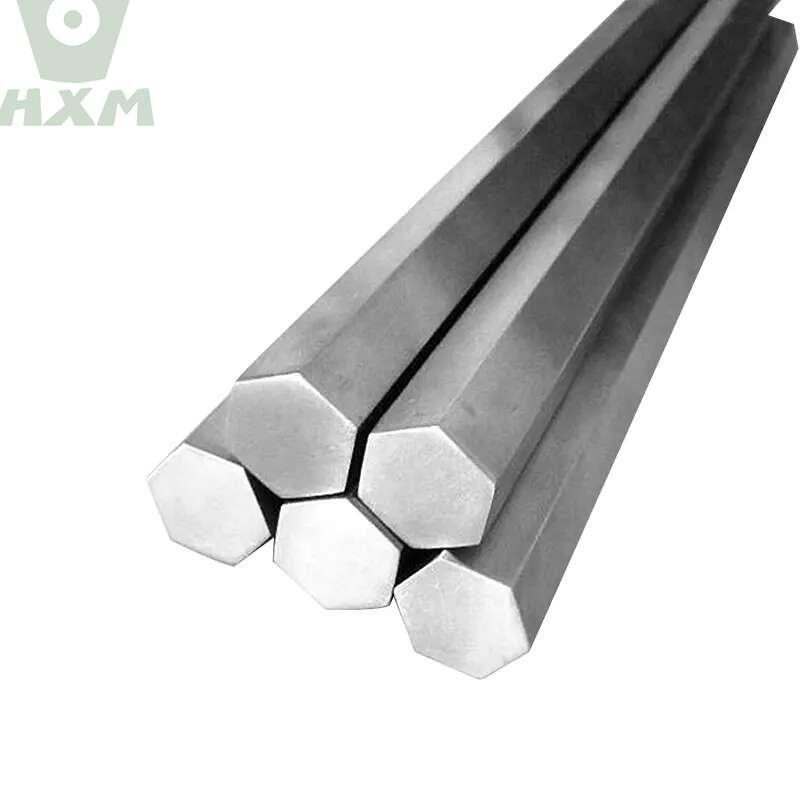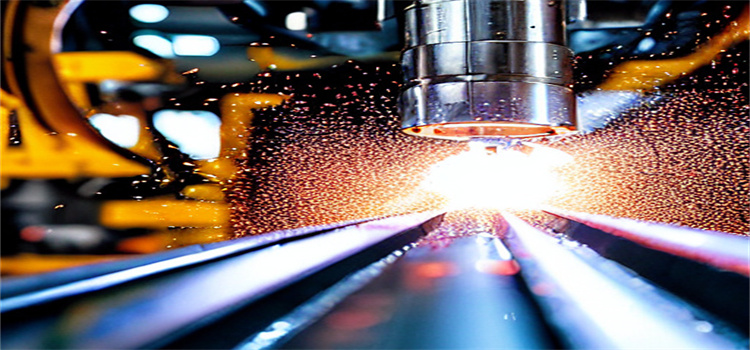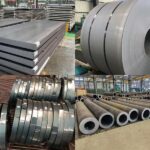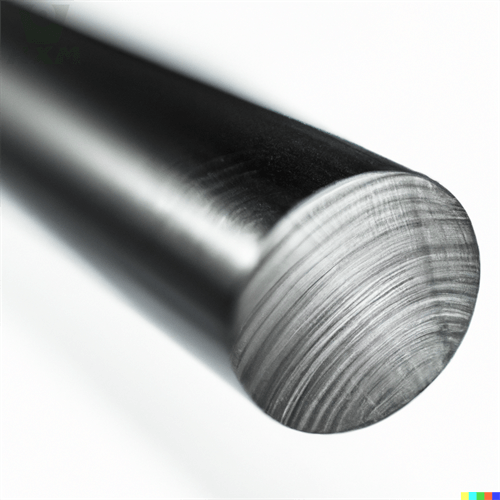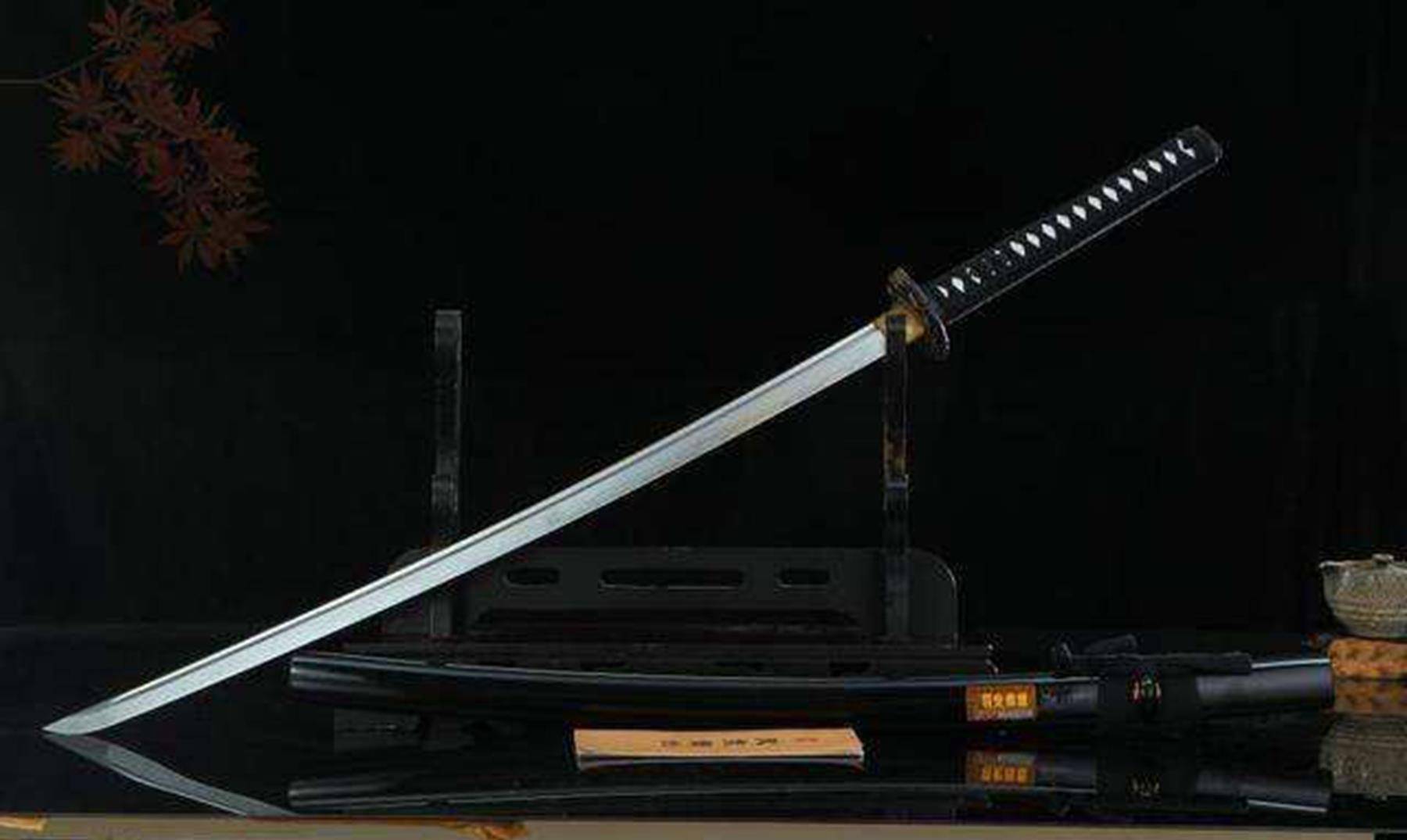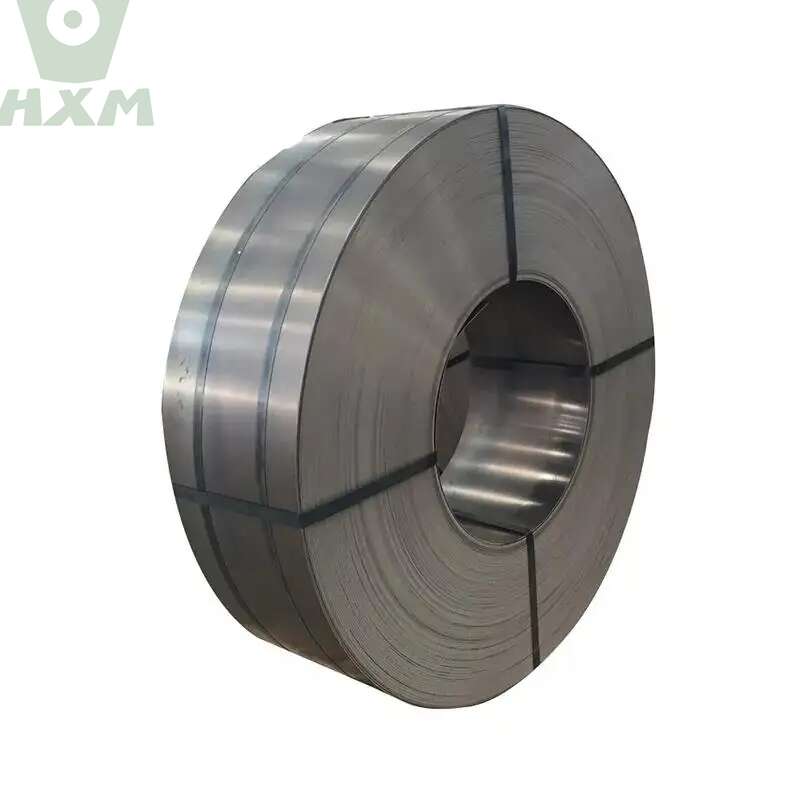Knowledge: What are carbon steel and alloy steel?
Carbon steel and alloy steel are two important types of steel that are widely used in various applications. Carbon steel is a type of steel that contains mostly carbon and some other elements, while alloy steel is a type of steel that contains a variety of elements such as chromium, nickel, and molybdenum to improve its properties. But how do these elements affect the properties of steel, and what makes them so useful in different industries? Let’s explore the fascinating world of carbon steel and alloy steel to find out.
So what are carbon steel and alloy steel?
Carbon Steel
Carbon steel and alloy steel are two types of steel materials that differ in their composition, properties, and applications. Here is a detailed breakdown of each:
Composition: Carbon steel is a type of steel that contains carbon content ranging from 0.02% to 2% (with lower than 0.02% being known as wrought iron and higher than 2% being cast iron). It is primarily composed of iron and carbon, with minimal other elements.
Properties: Carbon steel is a relatively inexpensive material with good mechanical properties. Its hardness, strength, and wear resistance increase with higher carbon content. However, it tends to have lower corrosion resistance compared to alloy steel.
Applications: Carbon steel is widely used in applications that require strength, hardness, and wear resistance, such as cutting tools, steel cables, piano wires, springs, and knives. It is also commonly used in construction and mechanical engineering, including in building structures, bridges, automotive parts, and steel reinforcement.
Alloy Steel
Composition: Alloy steel is a type of steel that contains additional elements (known as alloying elements) in addition to iron and carbon. These alloying elements can include silicon, manganese, chromium, nickel, molybdenum, tungsten, vanadium, titanium, and others.
Properties: Alloy steel exhibits enhanced properties compared to carbon steel, such as higher strength, hardness, corrosion resistance, toughness, and temperature resistance. The specific properties depend on the type and amount of alloying elements added.
Applications: Alloy steel is used in a wide range of applications, particularly in high-performance and specialized fields. It is commonly found in aerospace, automotive, oil and gas, construction, and power generation industries. Alloy steel is also used in manufacturing precision tools, bearings, gears, and other mechanical components.
Key Differences:
- Composition: Carbon steel contains only iron and carbon, while alloy steel contains additional alloying elements.
- Properties: Alloy steel exhibits superior mechanical properties, corrosion resistance, and temperature resistance compared to carbon steel.
- Applications: Carbon steel is widely used in general engineering and construction applications, while alloy steel is more specialized and used in high-performance and demanding environments.
